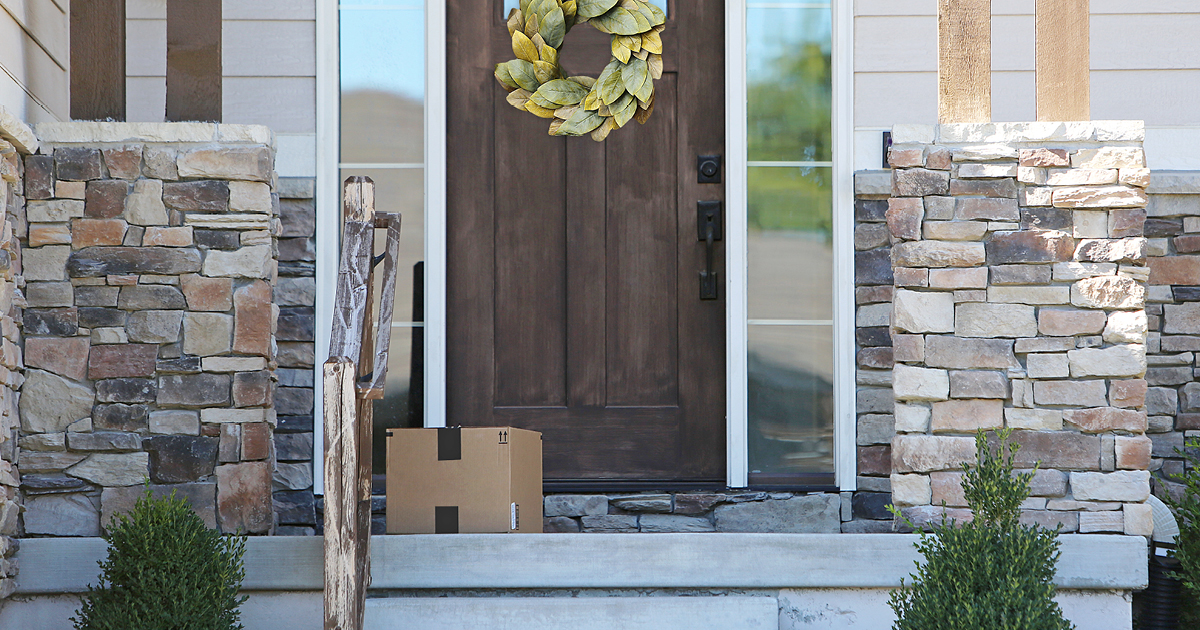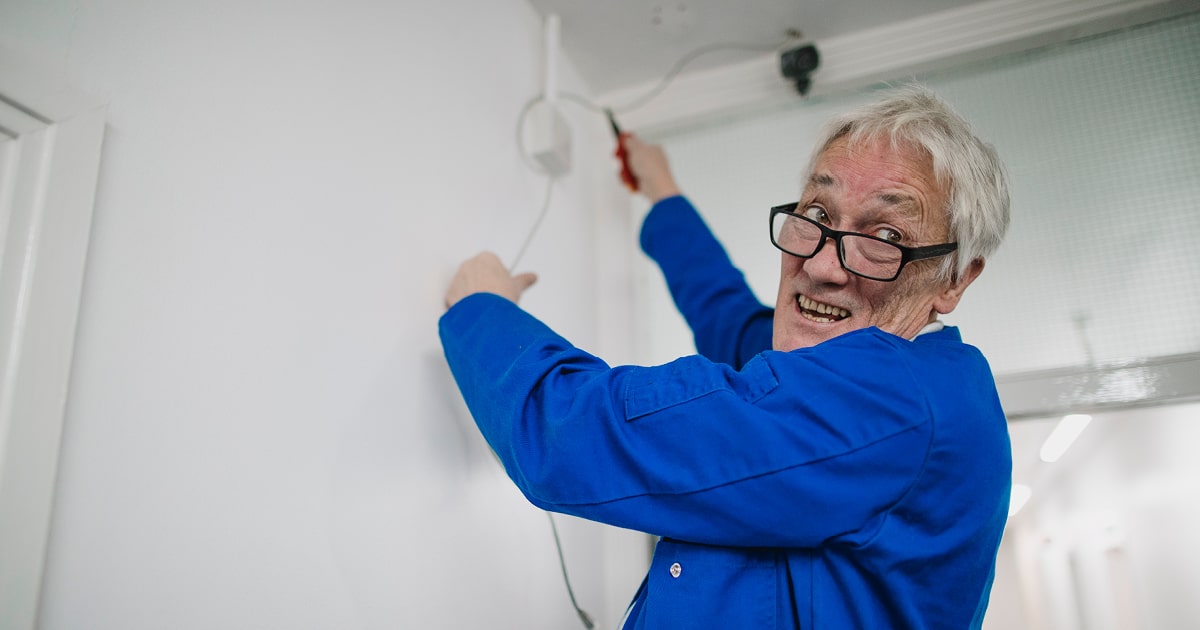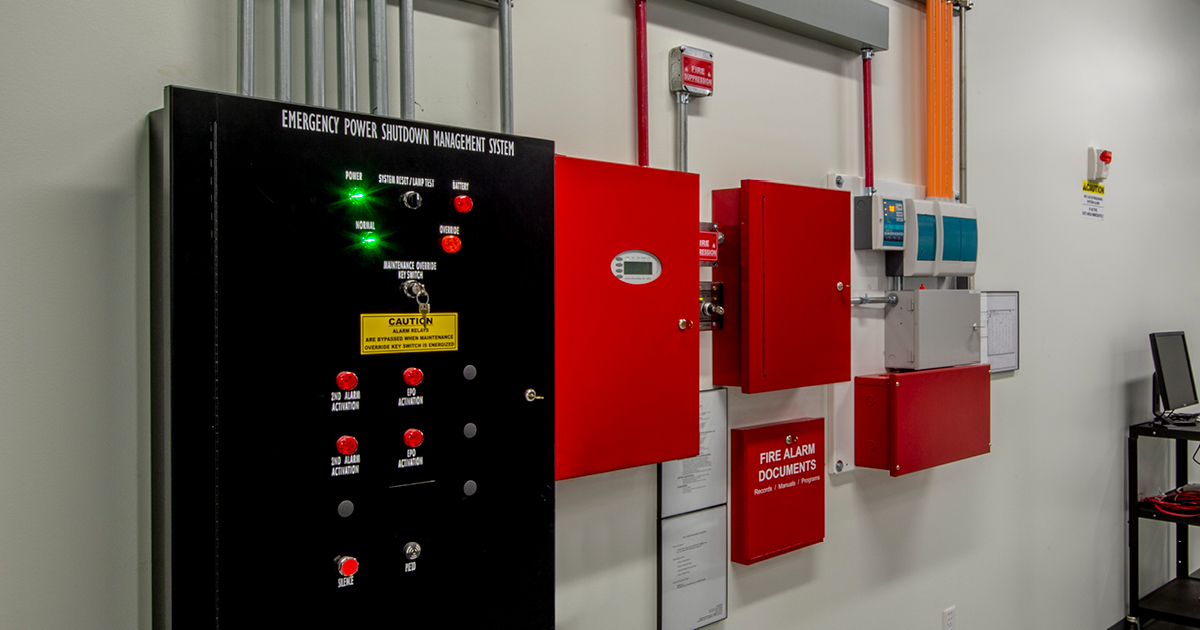Types of Fire Alarm Systems
How Does a Fire Alarm Work?
Fire alarm systems have two main functions:
- Alert the occupants of a building to a fire emergency enabling a safe evacuation
- Notify firefighters of the fire emergency.
Options for Fire Alarms
Manual Fire Alarms
Manual fire alarms, also known as manual pull stations, are a way for people to alert occupants of a building and the local authorities to a fire emergency.
These fire alarms exist in either single-action or dual-action varieties. Triggering dual-action pull stations typically involves breaking a glass covering to reach the pull lever while single-action stations lack a glass covering.
Downsides to Manual Fire Alarms
Manual fire alarms have a few downfalls. First, manual fire alarms are only useful if someone is present, awake, and alert in the building in which the fire starts. Then, they rely on the judgment of the person to raise the alarm effectively and recognize fire signatures. Lastly, manual fire alarms can be misused—who hasn’t missed a class or two because someone pulled the fire alarm?
Automatic Fire Alarms
- Thermal detectors- these detect fire through a heat-sensitive element
- Smoke and carbon monoxide detectors – detect fire in its early stages, while it is smoldering and producing smoke or senses a build-up of certain chemicals in the air
- Flame detectors – line-of-sight devices that use infrared or ultraviolet light to detect radiant energy that is indicative of a fire signature
When these detectors are activated, they also will emit a warning sound to any occupants who might be in the building as well as send a phone or radio signal to notify emergency personnel that an event is underway.
Do I Need a Fire Alarm?
Fire alarm systems are critical for commercial building owners. Local building codes as well as the authority having jurisdiction will determine the type of fire alarm equipment you are required to have in the building, as well as how often it must be inspected and tested. The authority having jurisdiction over your building is typically the building or fire official of the city or county. Contact your local city/county government for specific details.
For assistance in designing and installing a fire alarm system as part of your business security system, contact FSS Technologies today for a free consultation.









